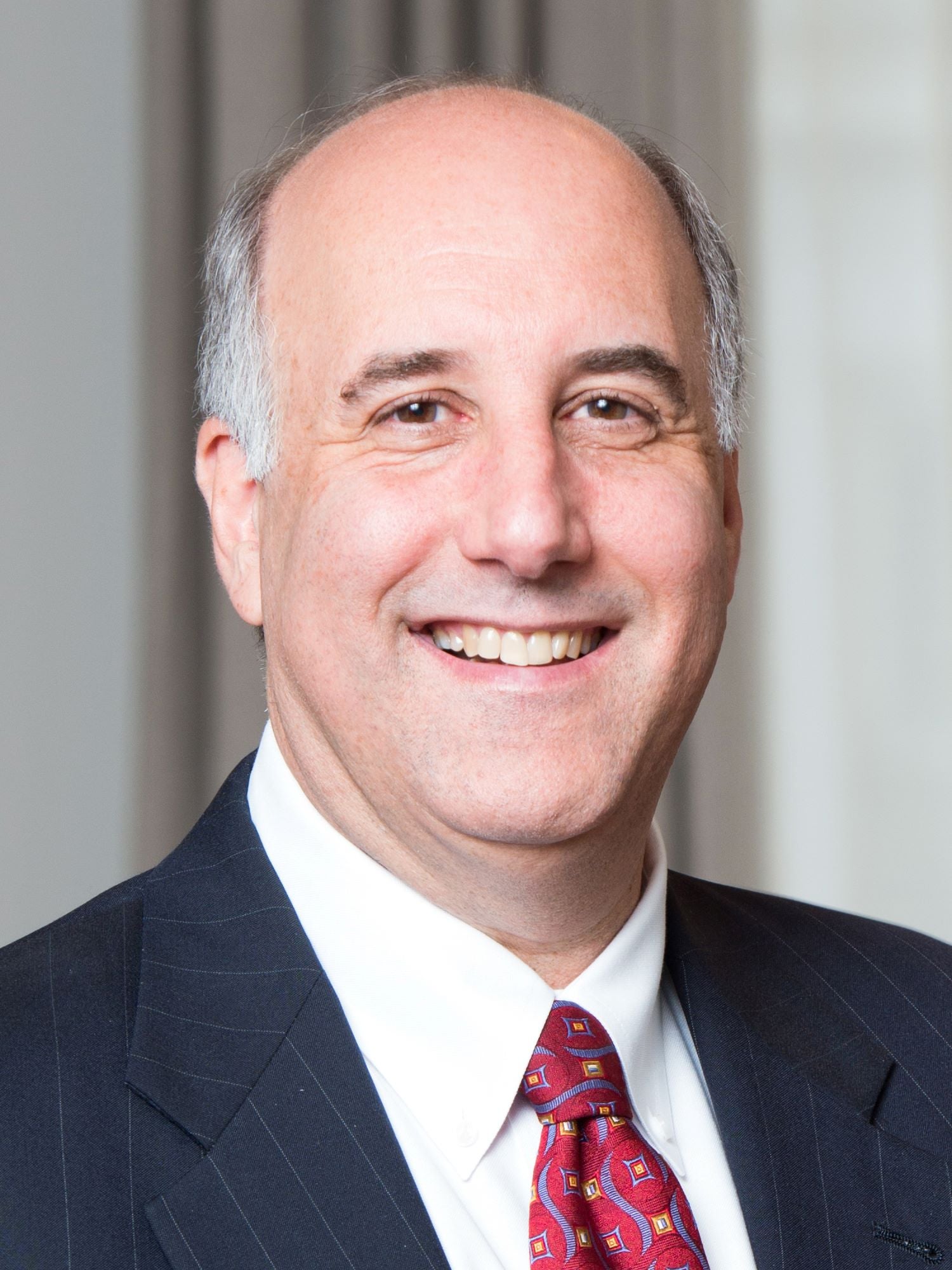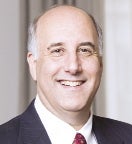Today’s – and tomorrow’s – engaged citizens will need to be well-versed in information literacy, able to locate and evaluate reliable sources of knowledge. These skills, so central to the functioning of a free and democratic society, are foundational to the curriculum that colleges and universities like Fitchburg State create for students.
Get Instant Access to This Article
Subscribe to Worcester Business Journal and get immediate access to all of our subscriber-only content and much more.
- Critical Central Massachusetts business news updated daily.
- Immediate access to all subscriber-only content on our website.
- Bi-weekly print or digital editions of our award-winning publication.
- Special bonus issues like the WBJ Book of Lists.
- Exclusive ticket prize draws for our in-person events.
Click here to purchase a paywall bypass link for this article.
Higher education stands at an inflection point. In the Northeast in particular, institutions of higher education are grappling with demographic challenges that are creating significant impacts on enrollment. The disruptions caused by the pandemic continue to affect how current and prospective students and families see the value of a college degree. And students are presenting complex mental health challenges that require schools to rethink the support systems that will allow them to persist and graduate.

These challenges are real, and yet I remain extremely optimistic about the future of higher education. I have had the great privilege of spending almost my entire career in this industry, at institutions large and small, in small cities and major urban centers. Based on the totality of my experiences, I remain bullish about the value of the degrees our graduates complete. While the data demonstrates the long-term return on investment of a college degree, and their proven efficacy in promoting social mobility, I believe the enduring value of a college education transcends credentials. That is because at our best, we cultivate the critical thinking skills that prepare students for a lifetime of inquiry, and the ability to reinvent oneself as opportunities present themselves in a rapidly changing world. Similarly, our students are learning how to engage and learn from perspectives that are different from their own.
Today’s - and tomorrow’s - engaged citizens will need to be well-versed in information literacy, able to locate and evaluate reliable sources of knowledge. These skills, so central to the functioning of a free and democratic society, are foundational to the curriculum that colleges and universities like Fitchburg State create for students.
Our institutions themselves have great value. Fitchburg State is one of the city’s largest employers, with an annual economic impact of more than $280 million, according to an analysis performed by the UMass Amherst Donahue Institute.
With the vast majority of our graduates remaining in Massachusetts after completing their degrees, they become the backbone of their communities as their teachers and nurses, as scientists in their laboratories, the police officers keeping their streets safe, their city councilors and legislators.
To address shifting attitudes about higher education, it is incumbent on those of us privileged to do this important work to relitigate the value our institutions provide, both to our elected leaders and the constituents to whom we have undertaken this solemn obligation. I see in our 50,000 alumni how education has changed their lives, and I see bright futures for the students I have been so fortunate to know through this work.
Richard S. Lapidus is the 11th president of Fitchburg State University. He is retiring at the end of the 2023-24 academic year and a national search is being undertaken for his successor.

